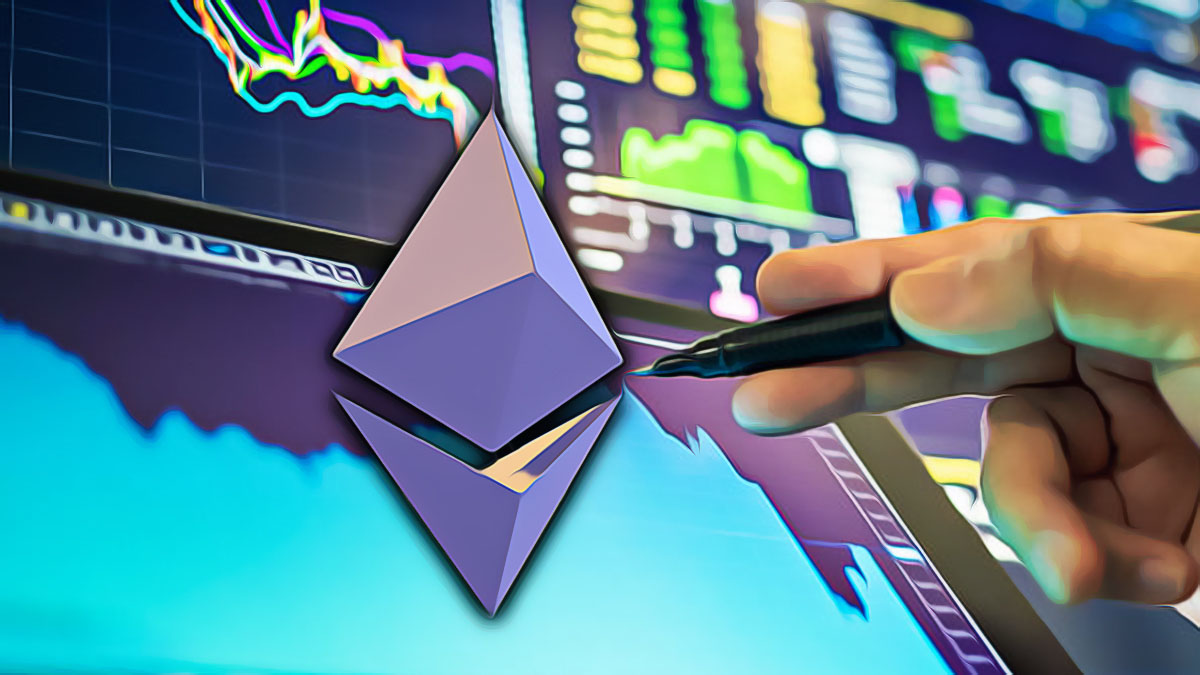Recent data highlights a notable rise in transaction activity on Ethereum Layer 2 (L2) networks, signifying a robust demand within the ecosystem. The average number of blobs transmitted to Ethereum has surged to 21,497 in just three days, surpassing the record from March. This spike is attributed to the Dencun update, which has effectively lowered transaction costs on L2 platforms.
What is Driving Increased Blob Usage?
Following the implementation of the Dencun update, the frequency of blobs integrated into each Ethereum block has seen a steady increase. Presently, blocks are averaging three blobs, which aligns with the benchmarks set by Ethereum developers. Teddy Knox from Eigen Labs remarked that this consistent filling of blocks indicates a heightened demand for rollup transactions.
Are Layer 2s Beneficial for Ethereum’s Growth?
Paul Vaden articulated that the findings demonstrate that L2 networks contribute positively to Ethereum, paying fees to utilize its infrastructure. Despite negative cash flow at Ethereum’s base layer, L2 networks like Arbitrum, OP Mainnet, and Base have generated a net inflow of $6.1 billion, showcasing significant expansion and user interest.
Key insights from this trend include:
– The Dencun update has catalyzed a record number of blobs sent to Ethereum.
– The economic implications show that burned blob fees are reducing ETH supply.
– L2 networks provide a non-parasitic revenue stream, enhancing Ethereum’s financial ecosystem.
In light of these developments, the potential for Ethereum to accommodate future users hinges on maintaining affordable transaction fees. With ETH’s price stabilizing at around $2,510, the ongoing trends suggest a promising outlook for the Ethereum network as it continues to adapt and evolve in the competitive blockchain landscape.












